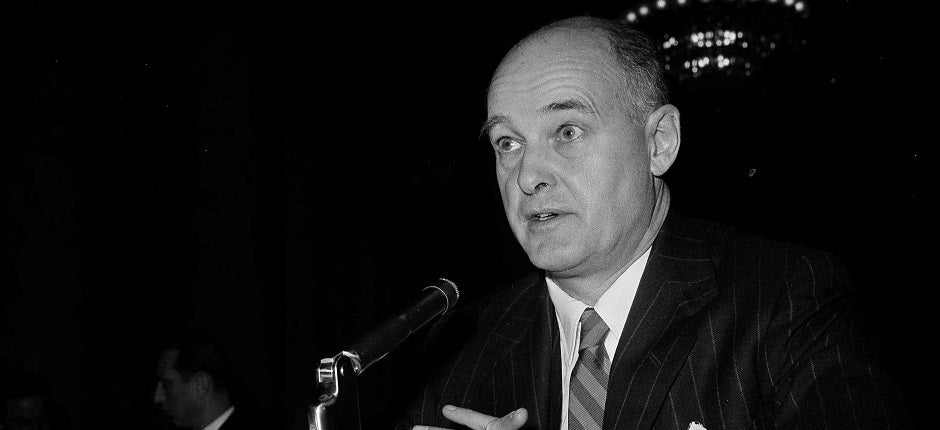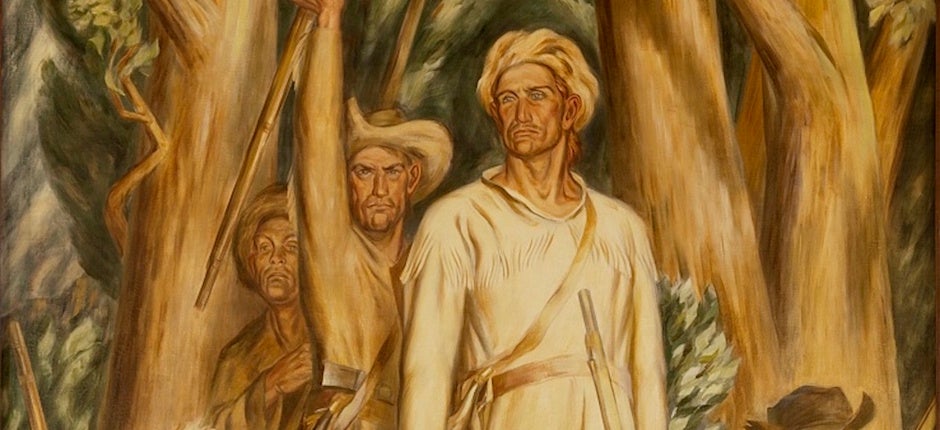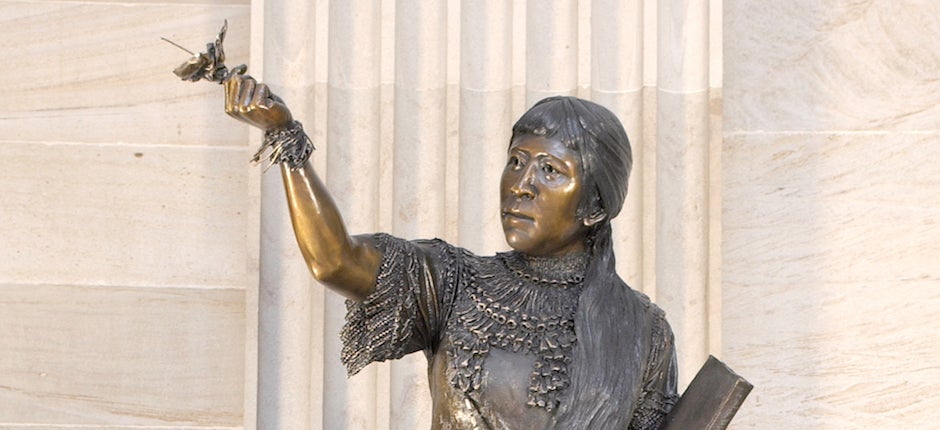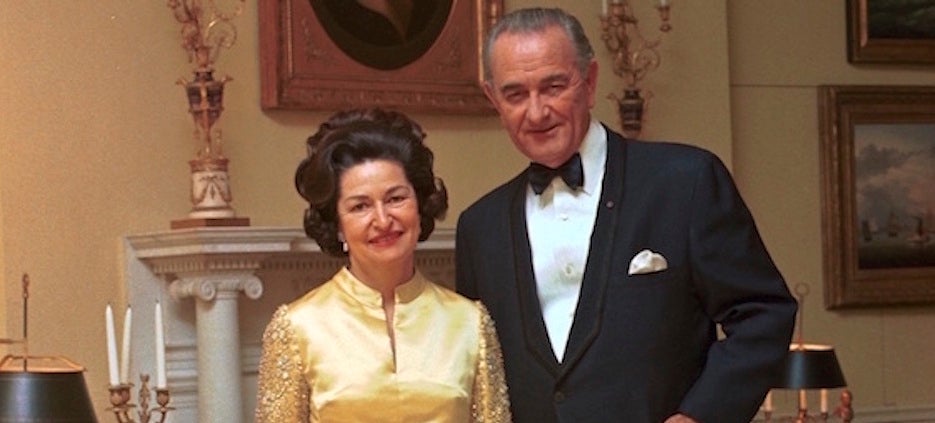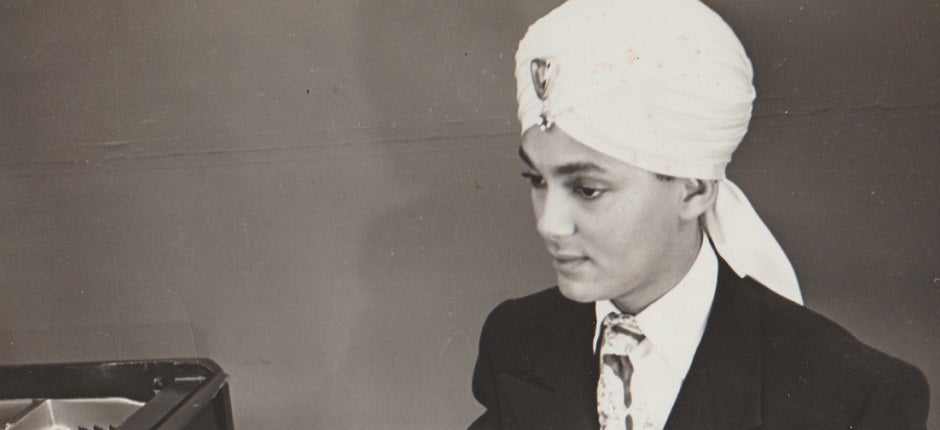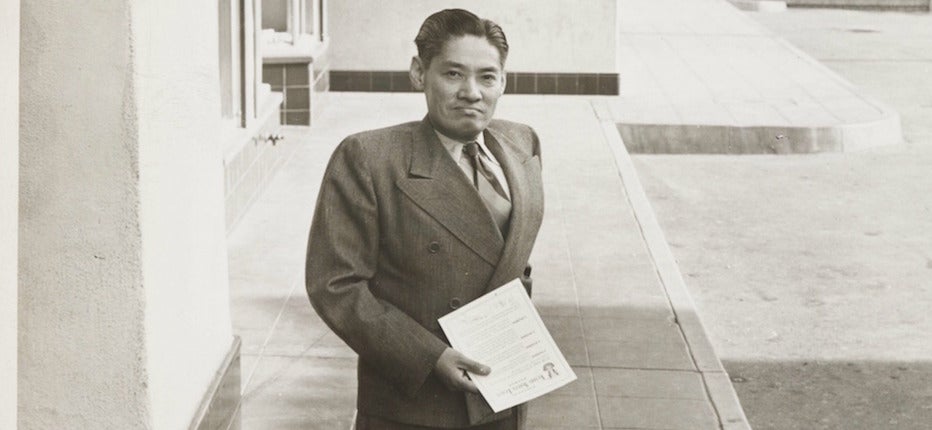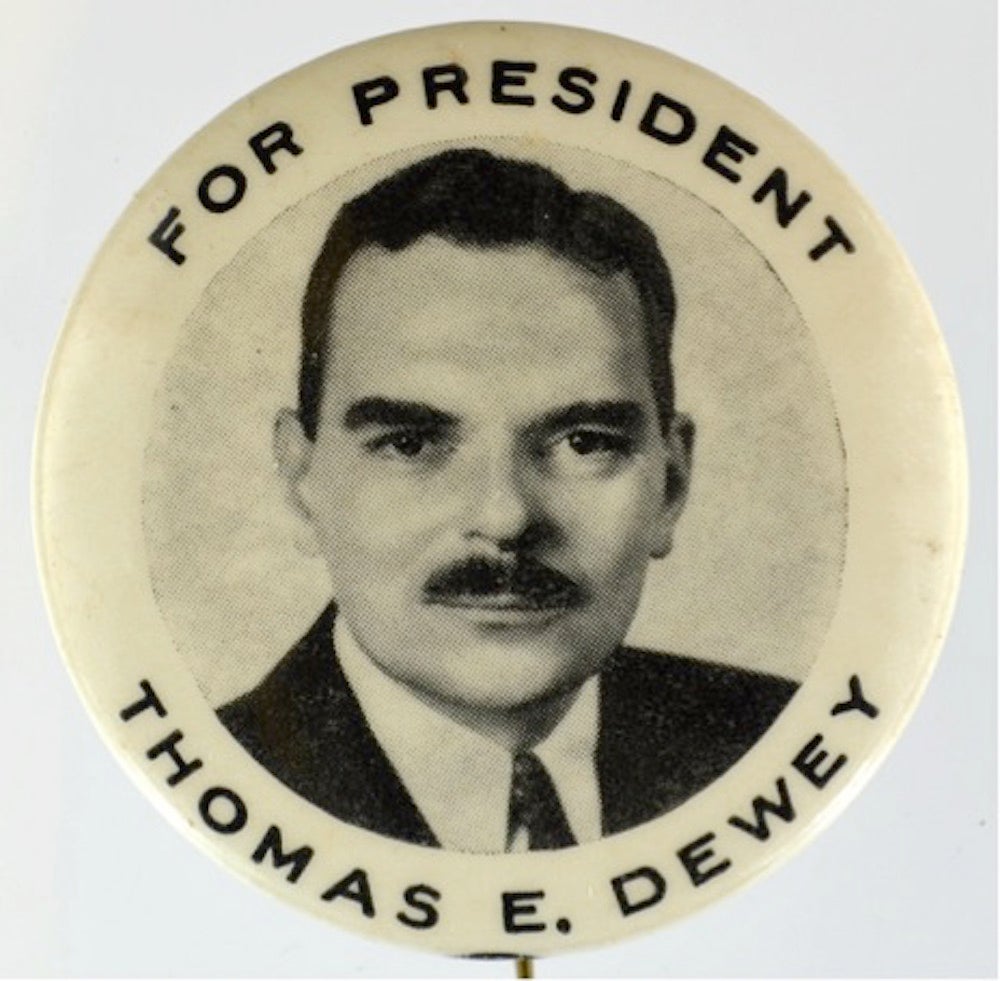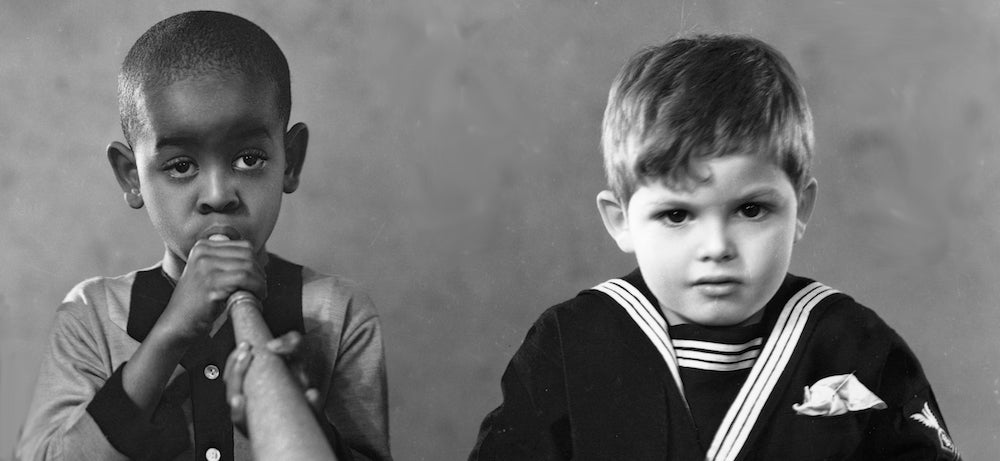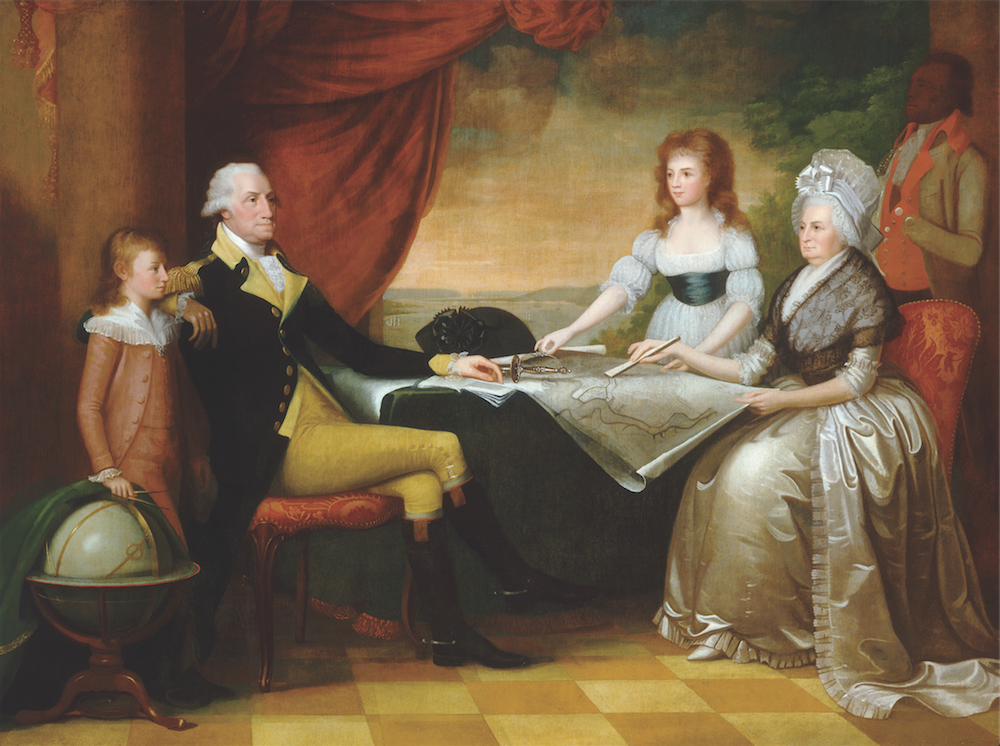The Man Who Explained the Soviets to America
How George F. Kennan's Passion for Russia Colored Our Cold War Strategy
The enduring irony of George F. Kennan’s life was just how much the architect of America’s Cold War “containment” strategy—aimed at stopping Soviet expansionism—loved Russia.
Kennan arguably played a larger role in shaping the U.S.’s view of a major foreign power, and thus our relations with that power, than any other American in modern history. That the power in question was the Soviet Union, and the time in question the crucial period after World War II, made his outsized …


